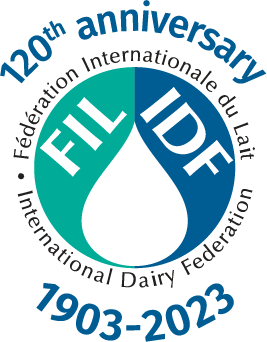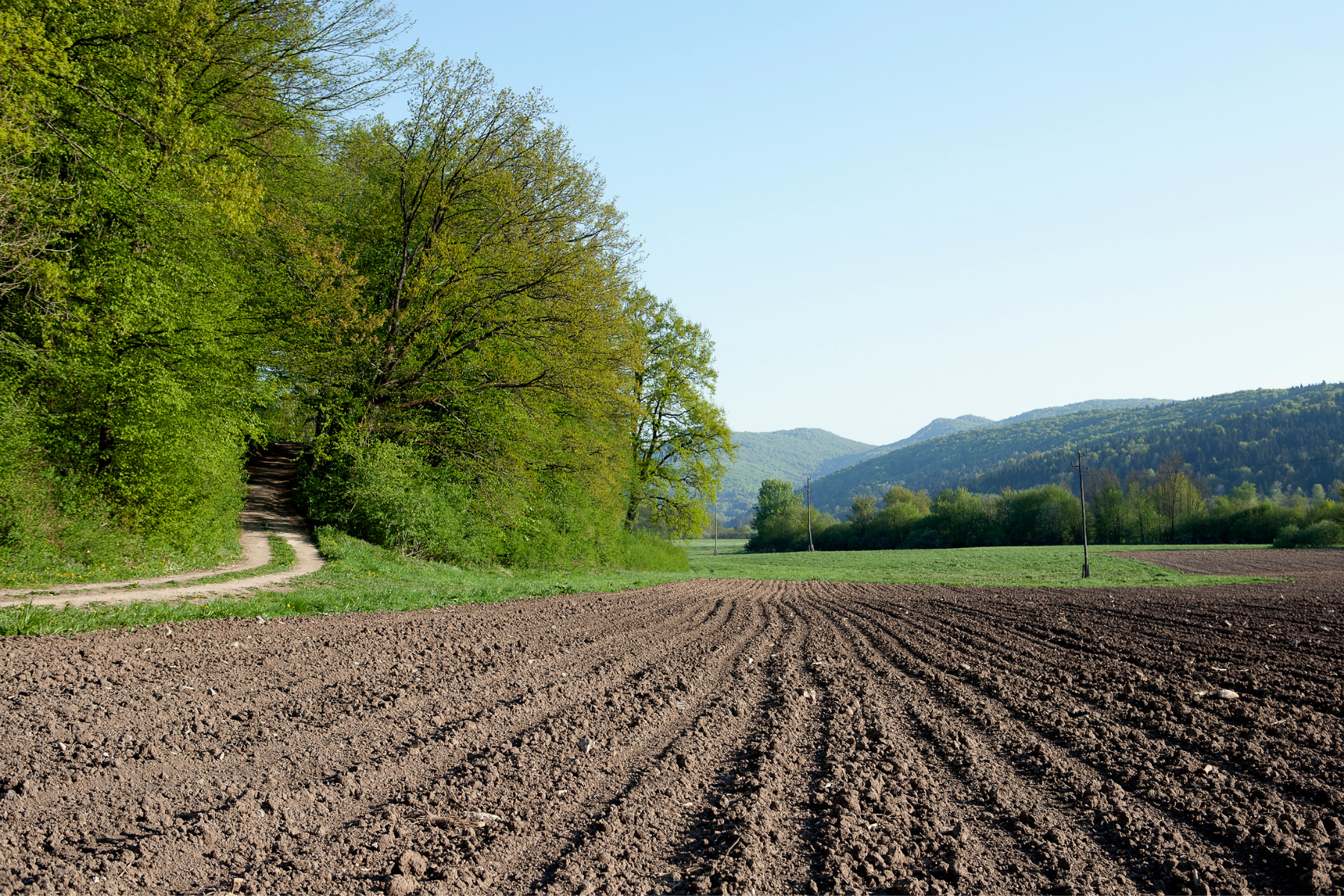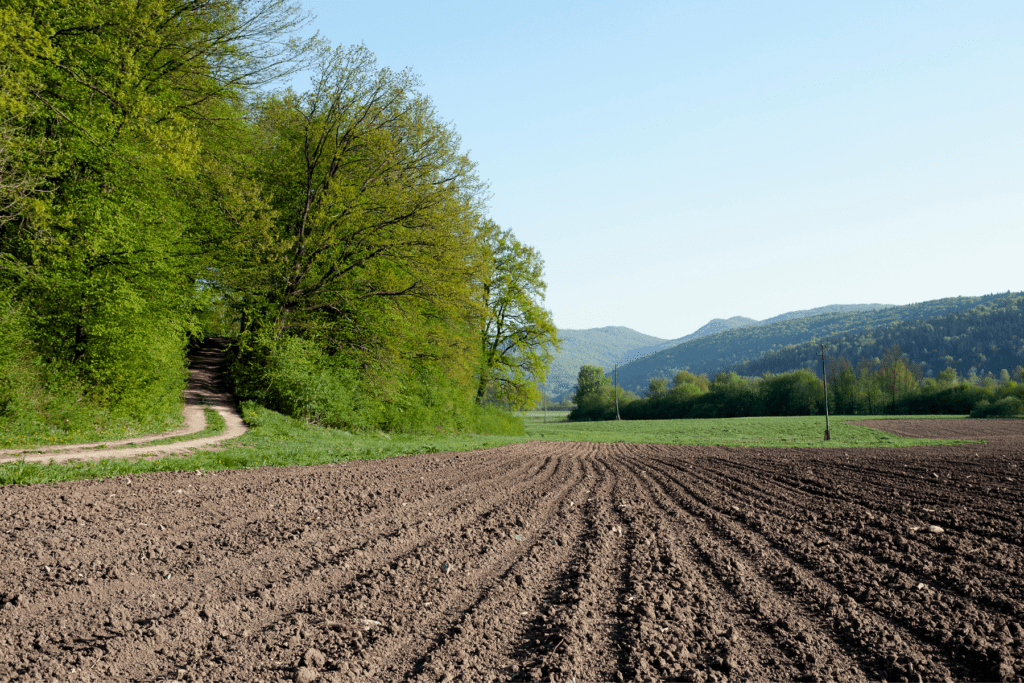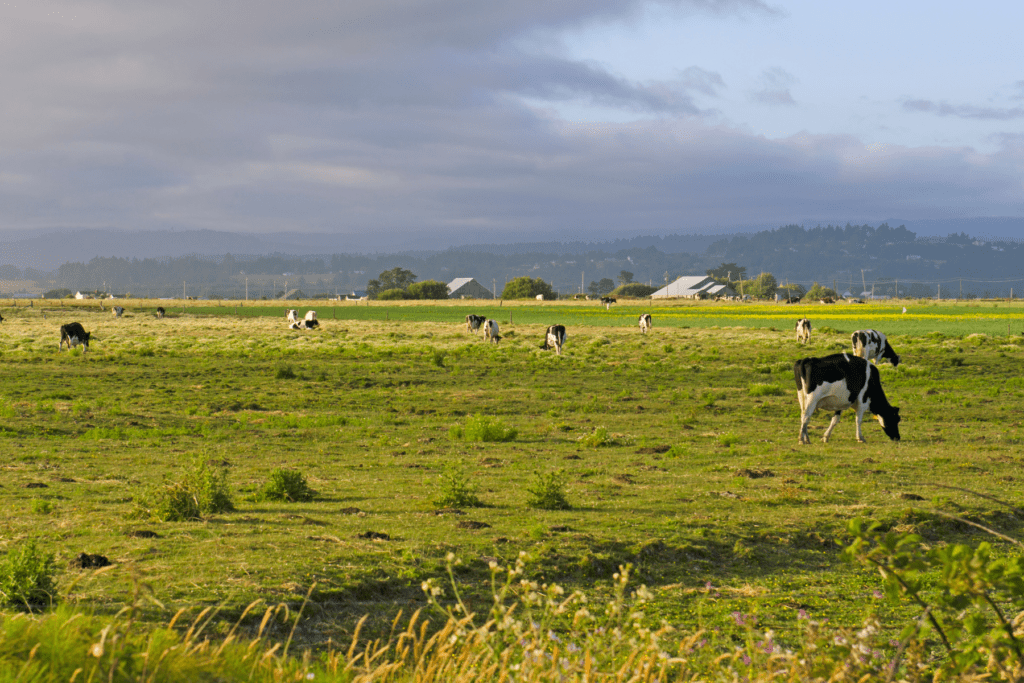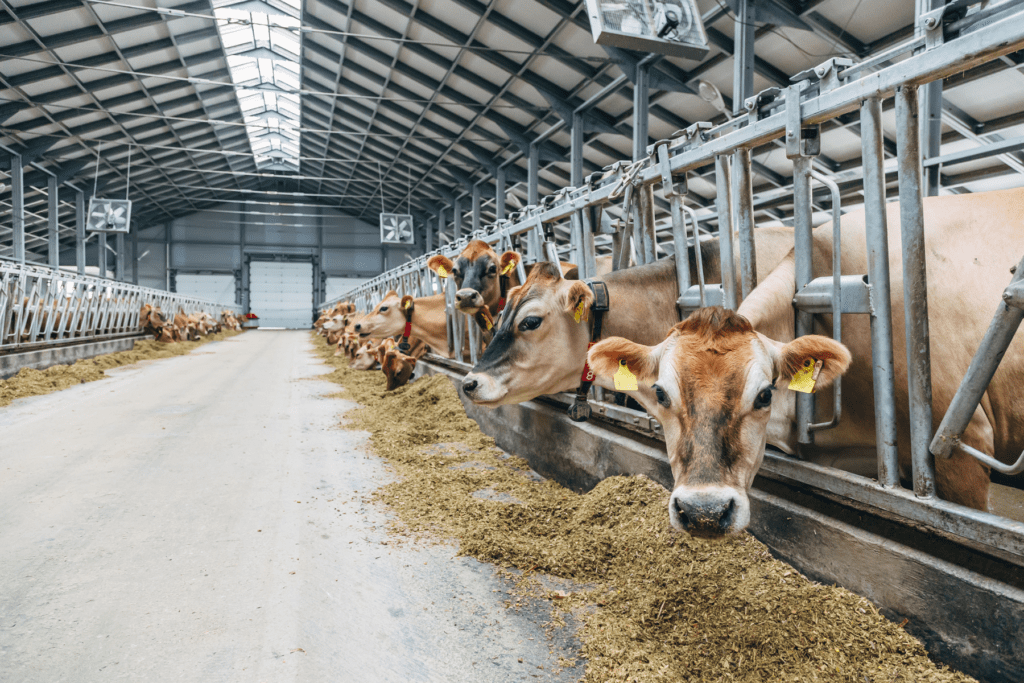The Intergovernmental Panel on Climate Change (IPCC), the UN’s body for assessing the science related to climate change, released a report on 8 August, providing a detailed look into the global impact of climate change on sustainable land management and food security.
Overall, the findings of the report are largely balanced, and conclude that human activity is causing significant damage to the world’s lands, and a substantial transformation of the way we use land is needed to limit global warming. Unfortunately, initial reporting from some media outlets has misrepresented the findings and selectively focused on reducing meat and dairy consumption as a primary mitigation strategy. This is not the case. The IPCC panel reviewed in detail current scientific literature for land-use and the roles of plant-based and animal-sourced foods. However, the report is not about dietary recommendations and there is no specific recommendation to dramatically shift diets away from animal-sourced foods. Food production is just one of a number of potential areas considered in the report. In addition, the report states, “animal-sourced food produced in resilient, sustainable & low-GHG emission systems present major opportunities for adaptation & mitigation while generating significant co-benefits in terms of human health.” IPCC also says, “Different farming and pastoral systems can achieve reductions in the emissions of livestock products. Depending on the farming and pastoral systems and level of development, reductions in the emissions intensity of livestock products may lead to absolute reductions in GHG emissions.”
The global dairy sector welcomes further discussion about how we can work together with all stakeholders to limit climate change. Dairy Facts
• In 2016, the dairy sector and FAO signed the Dairy Declaration of Rotterdam, which is a commitment to further reduce carbon emissions per kg of protein produced (www.dairydeclaration.org).
• The overall contribution of milk production, processing and transportation represents 2.7% of GHG global emissions (http://www.fao.org/3/k7930e/k7930e00.pdf).
• The dairy sector is significantly reducing emissions. A UN Food and Agriculture Organization (FAO) report commissioned by Global Dairy Platform found that from 2005-2015 emissions from the production of milk decreased in intensity by 11%.
• Ruminants use agricultural land and environmental resources efficiently. Dairy cattle can graze on agricultural lands where plants cannot be cultivated. For instance, more than 85% of the land where cattle are grazed in the US is not suitable for cultivated agriculture (https://www.ers.usda.gov/dataproducts/major-land-uses.aspx).
• Approximately 86% of livestock feed is not suitable for human consumption, consisting of forage as well as crop residues and by-products that otherwise would represent an environmental burden. Cattle thus contribute to global food security as they need only 0.6 kg of human-edible feed protein to produce 1 kg of animal protein, which has a higher biological value and makes them net contributors to global human-edible protein production (Mottet et al., 2017, 2018; FAO, 2018b).
• For ruminants, only 5% of the feed directly competes with human food (mostly grain and some soybean meal) (Mottet et al. 2018).
• In 2013 the global dairy sector launched the Dairy Sustainability Framework to enable the industry to continuously improve and demonstrate (report) the adaptation and mitigation progress made through proactive efforts (www.dairysustainabilityframework.org).
